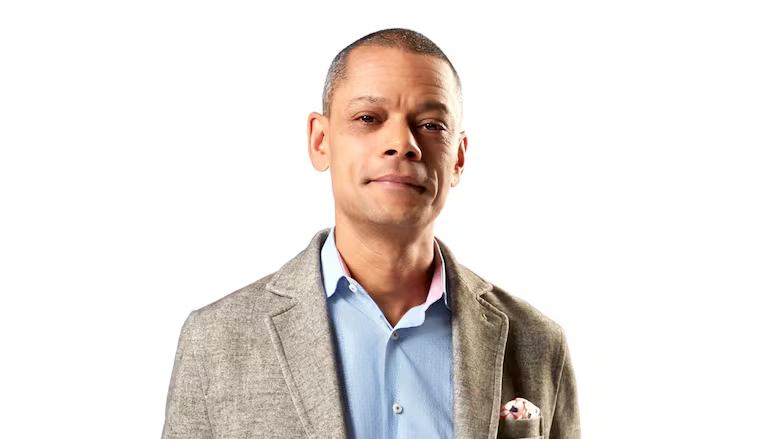The Current for June 11, 2021

Today on The Current:
In the wake of the targeted attack that killed four members of the Afzaal family, we travel to London, Ont., to speak to those still reeling from a painful week, and who are trying to explain it to their children.
Plus, what if an implant in your brain allowed you to just think of words in order to have them appear on a screen, instead of typing them out with your fingers? Scientists at Stanford University in California have achieved that in a test. It allowed a man with full-body paralysis to communicate using a neural implant, but some observers have raised ethical concerns about other ways the technology could be used. We talk to Ning Jiang, director of the Waterloo Engineering Bionics Lab at the University of Waterloo; and Jennifer Boger, director of the Intelligent Technologies for Wellness and Independent Living Lab, also at the University of Waterloo.
And we hear the story of Skye, an Indigenous teen who died of a drug overdose on her 17th birthday. Before her death, Skye had been in government care in B.C. for 12 years, lived in eight different foster homes, and was the subject of three failed adoptions. A new report from British Columbia's Children and Youth Representative looks at how the foster care system fails children like Skye, drawing a line between today's system and residential schools of the past. We discuss the report with Jody Bauche, Indigenous liaison with B.C.'s Office of the Representative for Children and Youth; Mary Burton, executive director and co-founder of Fearless R2W, a volunteer group that provides opportunities for learning about child welfare in Manitoba; and Cynthia Wesley-Esquimaux, chair on truth and reconciliation at Lakehead University, who in 2016 was federal government ministerial representative examining the child welfare system.